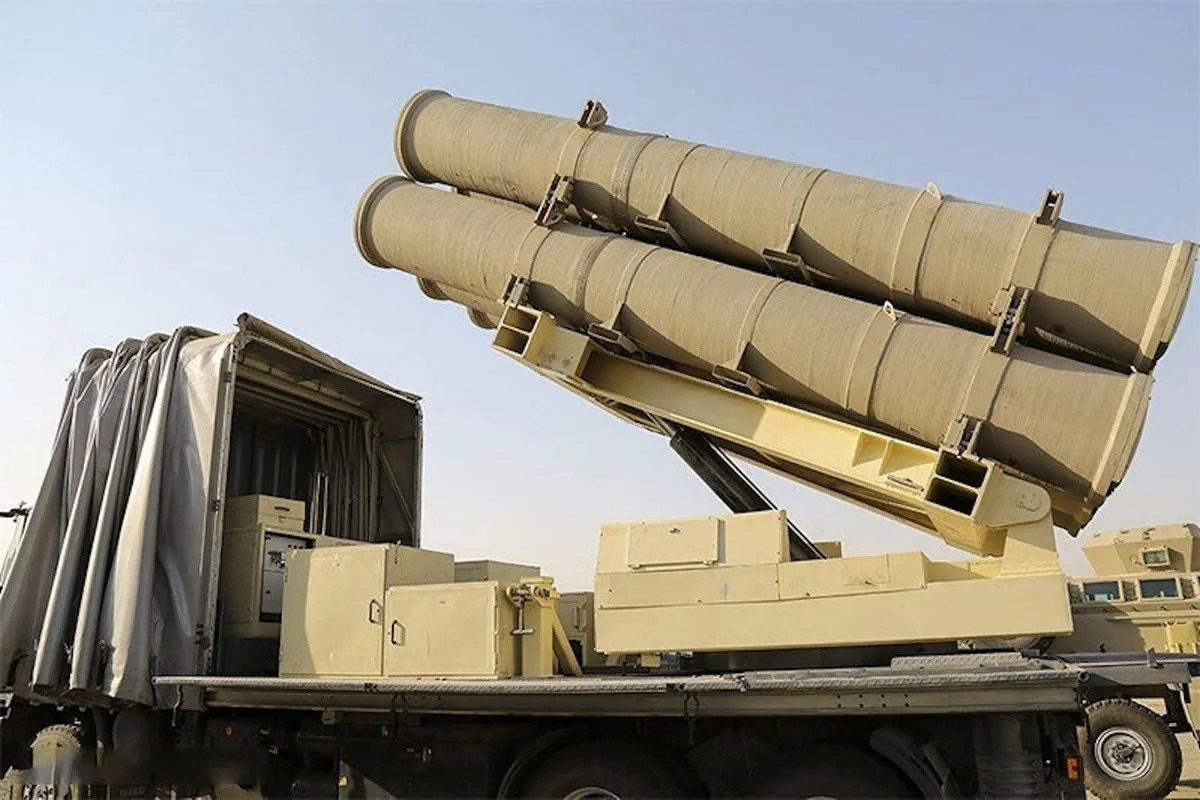US Warns of Iran's Missile Supply to Russia for Use Against Ukraine
US Secretary of State reveals Iran's ballistic missile shipment to Russia, posing a threat to Ukraine and Europe. UK and US officials plan Kyiv visit to discuss military aid and strategy with President Zelensky.

The United States has disclosed that Iran has provided Russia with ballistic missiles, likely to be deployed against Ukraine in the near future. This development has raised concerns about the escalation of the conflict and its potential impact on European security.
Antony Blinken, the US Secretary of State, revealed that Russia has received shipments of the Fath 360 close-range ballistic missile system from Iran. This Iranian-made weapon has a maximum range of approximately 120 kilometers and carries a 150-kilogram warhead. The Fath 360 is a significant addition to Russia's arsenal, complementing the already utilized Shahed attack drones, which are also supplied by Iran.
"Russia has now received shipments of these ballistic missiles and will likely use them within weeks in Ukraine against Ukrainians. This is a threat, not only to Ukraine and the Ukrainian people, but to all of Europe."
Blinken and David Lammy, the UK Foreign Secretary, announced their plans to visit Kyiv for consultations with Volodymyr Zelensky, the Ukrainian President. This visit aims to assess Ukraine's current military needs and discuss potential support strategies. The outcomes of these discussions are expected to inform the upcoming summit between the UK Prime Minister and US President Joe Biden in Washington.
The supply of Iranian missiles to Russia has prompted a response from Western nations. The UK, France, and Germany have announced the cancellation of bilateral arrangements that allowed Iran Air, Iran's national carrier established in 1961, to operate flights to their countries. Additionally, sanctions have been imposed on five Russian cargo ships allegedly involved in transporting the weapons across the Caspian Sea, the world's largest inland body of water.

The ongoing conflict has seen Russia launching missile and drone strikes against Ukraine's energy infrastructure in recent months. In response, Zelensky has been advocating for the use of Western-provided long-range missiles to target launch sites within Russia. However, the US administration has been cautious about escalating the conflict into a direct confrontation between NATO and Russia.
The UK has granted permission for Ukraine to use Storm Shadow missiles, a long-range air-launched cruise missile developed jointly by France and the UK. However, the effective use of these weapons reportedly relies on American technology, highlighting the complex nature of international military cooperation in the conflict.
This situation has revealed some tensions between the US and UK approaches to the conflict. British officials have suggested that the US is effectively preventing Ukraine from using UK-made missiles against targets in Russia. Conversely, US officials have expressed concerns about the UK's decision to suspend certain weapon exports to Israel due to the ongoing situation in Gaza.
Despite these differences, both nations continue to emphasize the importance of their "special relationship" in maintaining global peace and security. This was recently underscored by a joint appearance of Richard Moore, the chief of MI6 (the UK's foreign intelligence agency), and Bill Burns, the director of the CIA, at a Financial Times event in London.
As the conflict in Ukraine approaches its third year, the international community remains focused on finding a resolution while balancing complex geopolitical interests and security concerns across multiple regions.


































